It must be exhausting to live as a barefoot doctor in a Chinese village if Can Xue’s latest novel is anything to go by. Not because of your work as curer-in-chief, but because all your patients are either nauseatingly happy or prone to near-constant weeping.
Barefoot doctors emerged in the 1930s, but really hit their stride under Mao, when they spread throughout rural China. They were folk healers with basic medical training who provided healthcare in places where urban trained medics wouldn’t settle. Now one of China’s most feted novelists, Xue is better known for her avant-garde dreamscapes than her acupuncture, but she was a barefoot doctor in her youth. Drawing on this experience, she here portrays a rural village in the shadow of Niulan Mountain, and the business of its master healer Mrs Yi.
This is a mystical realm, animated by a love that flows between mankind, nature and the land. Here the living and dead commune on the mountain, plants speak to planters and rocks express ‘impatience or a warning’. In such a world each moment is freighted with possible revelation. Nothing exists passively.
Nothing, that is, except Xue’s prose. For while some of her descriptions have a clean beauty, a feature of the book is to tell rather than show. There’s virtually no character development at all. People are flat; if there is anything approaching a setback, they need just a line or so to set them right again, usually with ‘tears in their eyes’. This is an emotional world drained of real emotion, as characters flit between stoicism and teary incontinence. But even these jumps are dynamic compared to the dialogue, which has characters talking to each other as if programmed by an apathetic robot:
‘Are my hands ugly?’ she asked. ‘No, they’re beautiful, I’m fascinated by them.’ She cried softy. ‘Let’s get married.’ ‘Ok we’ll get married.’
As with any book in translation, the root of this is obscured: is Xue’s original Chinese or the rendering to blame? Readers can only judge what is sold to them in English – and for all its strangeness there is just too much dead language here, as characters ‘sob emotionally’ (how else would they sob?), weep ‘uncontrollably’ (otherwise known as weeping), or tell us what we plainly know (‘ha-ha-ha, he burst out laughing’).
There is occasional talk of Can Xue becoming China’s next Nobel laureate for literature. On the evidence of this, there’ll be a long wait.
The post Magic and medicine: The Barefoot Doctor, by Can Xue, reviewed appeared first on The Spectator.
Got something to add? Join the discussion and comment below.
Get 10 issues for just $10
Subscribe to The Spectator Australia today for the next 10 magazine issues, plus full online access, for just $10.
You might disagree with half of it, but you’ll enjoy reading all of it. Try your first month for free, then just $2 a week for the remainder of your first year.

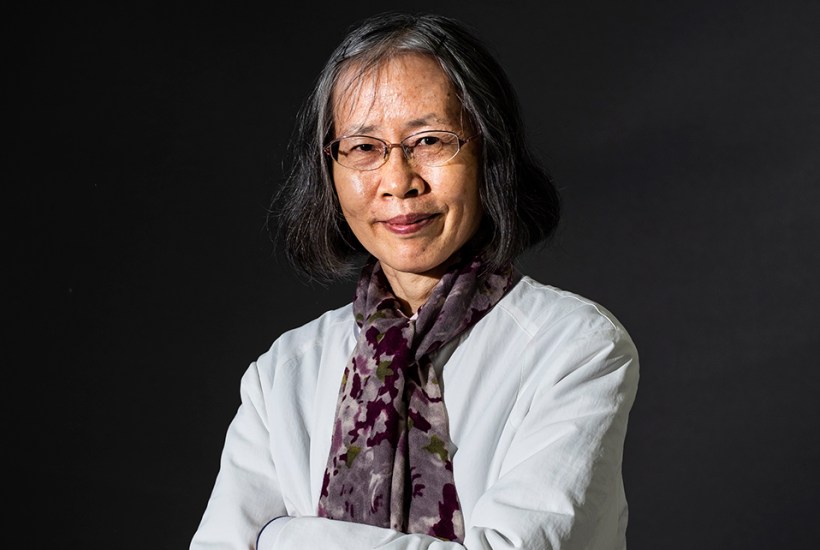

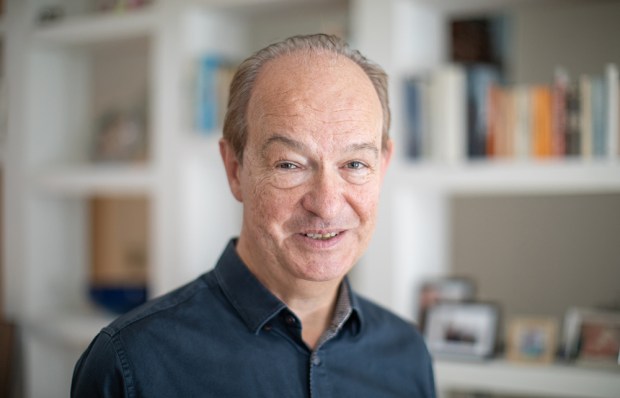

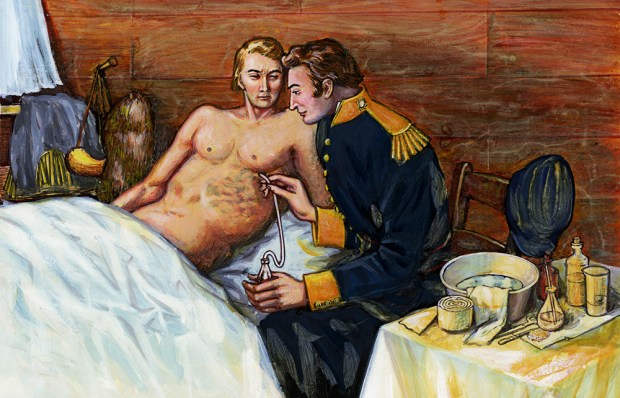
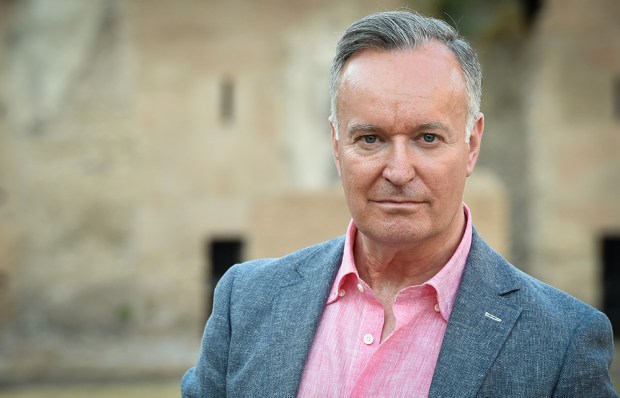
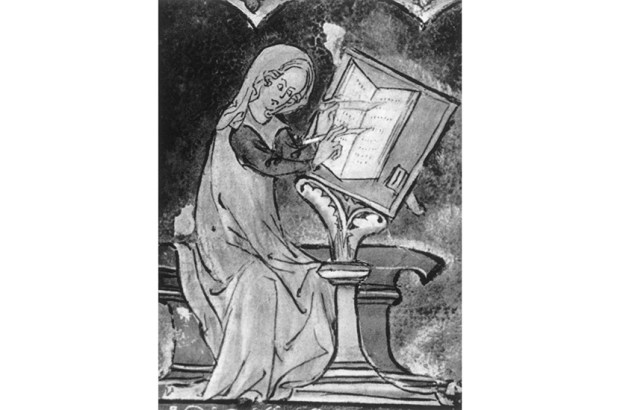






Comments
Don't miss out
Join the conversation with other Spectator Australia readers. Subscribe to leave a comment.
SUBSCRIBEAlready a subscriber? Log in